This Somerset Designer is Making "Circular" Furniture That Will Live Forever — and Find a New Home When You Let It Go
William Floyd Maclean's new modular wooden furniture brand, Somer, creates pieces that can be disassembled and sold once you are ready to move on, making homeware more sustainable, interactive, and fun
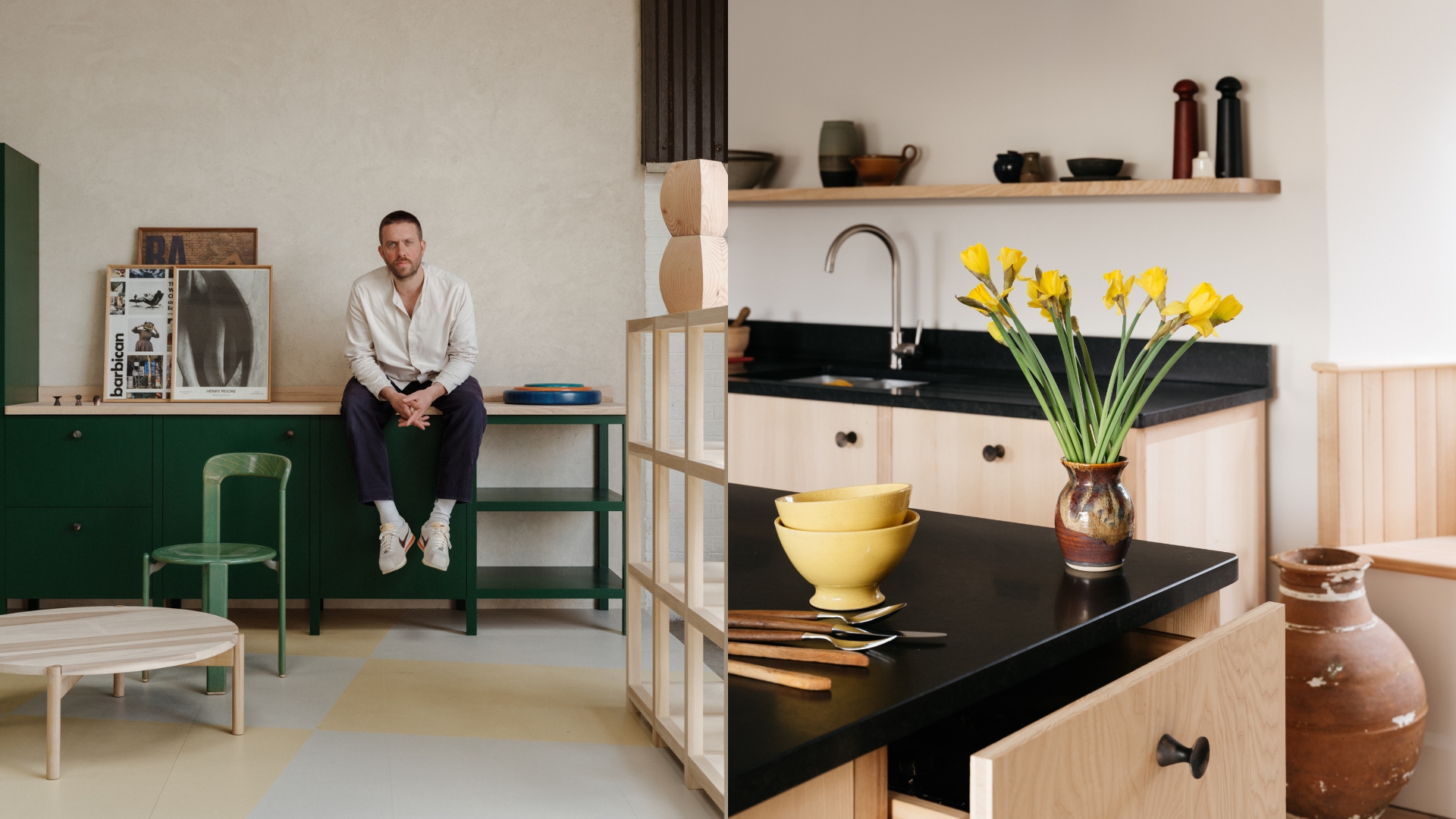

Investing in high-quality, durable furniture that stands the test of time can feel at once aspirational and daunting, especially if you're worried about coming to regret your choices in the long run. And that's understandable: no one wants to spend however many thousands of dollars on a kitchen cabinet they will grow out of love with within a matter of years — not to mention the negative impact of discarding perfectly functioning, mint condition homeware purely because our personal taste has changed.
Across the United Kingdom alone, "nearly 22 million small items of furniture are thrown away each year," the majority of which goes straight to landfills, recent research by the North London Waste Authority found. So, how can we solve this problem and invest in timeless furniture instead? British designer William Floyd Maclean might have just come up with the answers we have long been waiting for.
Launching today, as part of the London Design Festival, Somer, Floyd's latest venture, is a locally made, modular timber cabinet system and online marketplace that promotes the re-use of the brand's furniture products. Based on an innovative circular model for both design and production, the project crafts wooden kitchen units designed to actively contribute to a low-carbon future. The furnishings prove that planet-conscious alternatives to decor are not only possible, but also skillfully conceived, stylish, and fun.

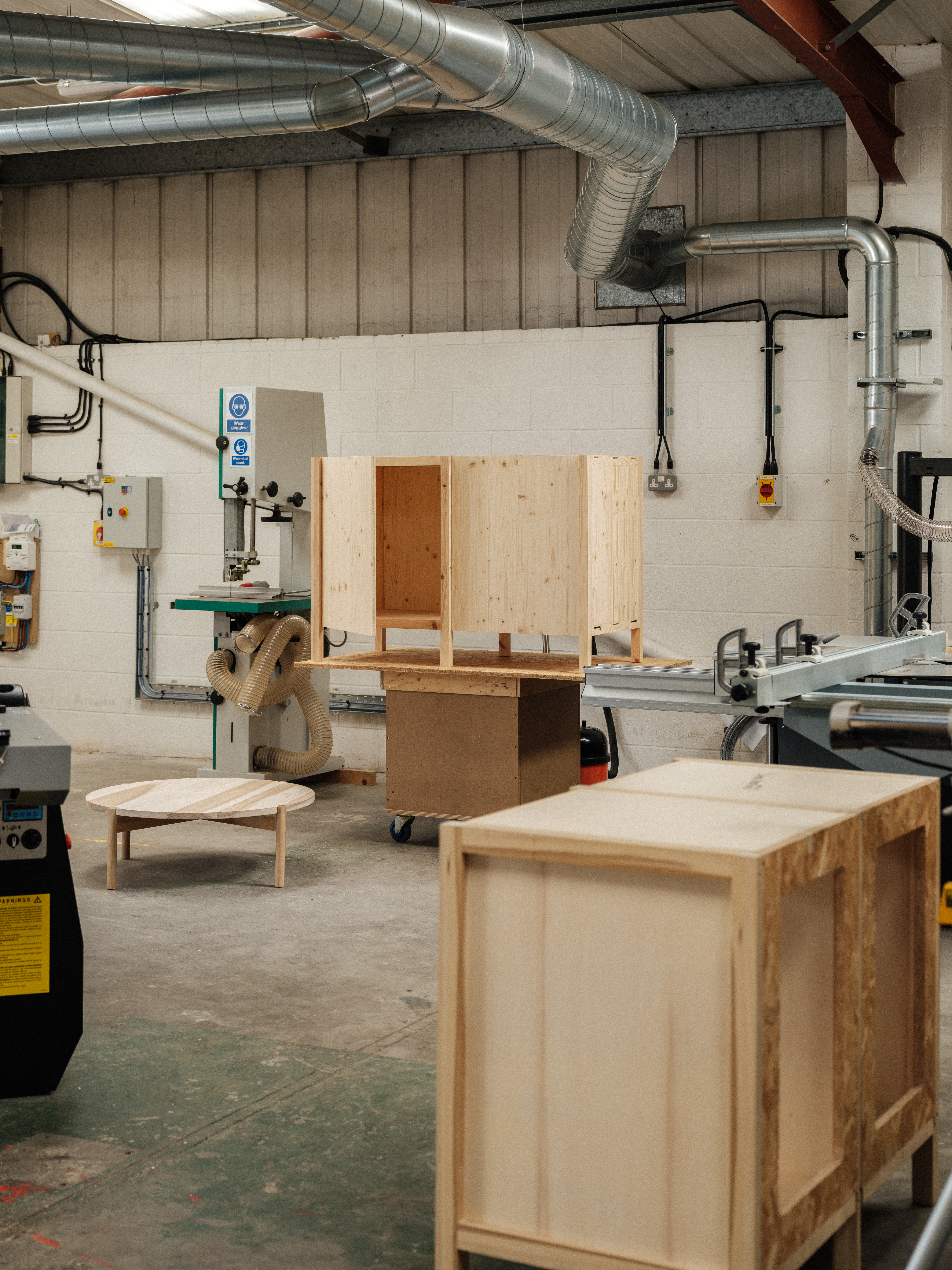



Already known for his Somerset-based, namesake carpentry and joinery firm — the powerhouse behind a range of acclaimed bespoke furniture commissions, large-scale wooden structures, as well as exhibitions and public art installations — William Floyd Maclean approaches every new professional enterprise with the same ethos. Putting traditional woodworking at the heart of their practice, he and his collaborators incorporate multidisciplinary expertise, enriching personal experiences, and a solution-oriented, forward-thinking use of new technologies to propel it into its next chapter through "responsible design and making".
Long committed to this cause, Floyd Maclean looks at Somer as the project he is most proud of. "My ambition with it is to demonstrate how craft values at scale can have a positive impact on the wider environmental issues we face globally today," he tells me of the goal behind the business which, just like his wider studio, finds its home in Frome, Somerset. Acknowledging waste as a design floor, "Somer addresses the need to critically reassess our wasteful material culture by delivering products created for disassembly and reuse, along with a platform that facilitates this cycle."


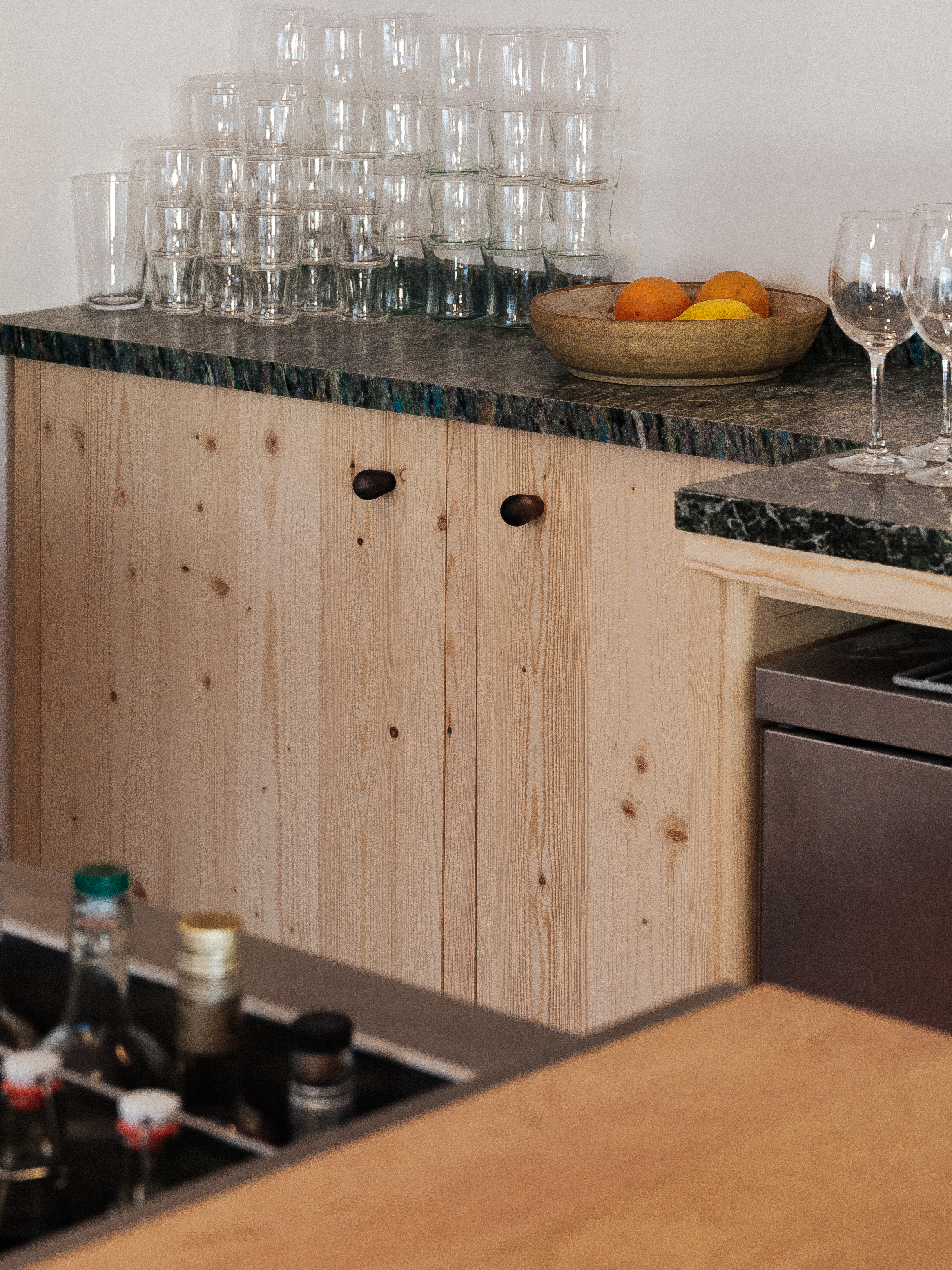
On display at Haggerston's Tuscany Wharf through September 21, Somer's London Design Festival showcase marks its official launch on the market. A collaboration with Turner Prize-winning architecture and design collective Assemble, the exhibition offers an exclusive first look at the freestanding, demountable cabinets which, obtained from responsibly sourced, FSC certified timber, constitute Somer's offering. Here, Floyd Maclean's creations, presented as an immersive installation, cast light on "a design and manufacturing process which champions natural regenerative materials and closed loop supply chains," he explains.
Somer's participation in the event acts as a tangible demonstration of the methodology that the British furniture manufacturer has adopted in order to fight against the wasteful practices of the homeware industry and the mass-market as a whole. How? By bringing the very values of circularity and responsible design into practice in the show. With the exception of promotional materials, which have been printed on deadstock paper that would otherwise be discarded, "nothing has been made specifically for this exhibition, but all elements of it are either part of the Somer workshop, belong to our customers, or are stock that normally lives on the shelves of our factory," Floyd Maclean adds.
Be The First To Know
The Livingetc newsletters are your inside source for what’s shaping interiors now - and what’s next. Discover trend forecasts, smart style ideas, and curated shopping inspiration that brings design to life. Subscribe today and stay ahead of the curve.



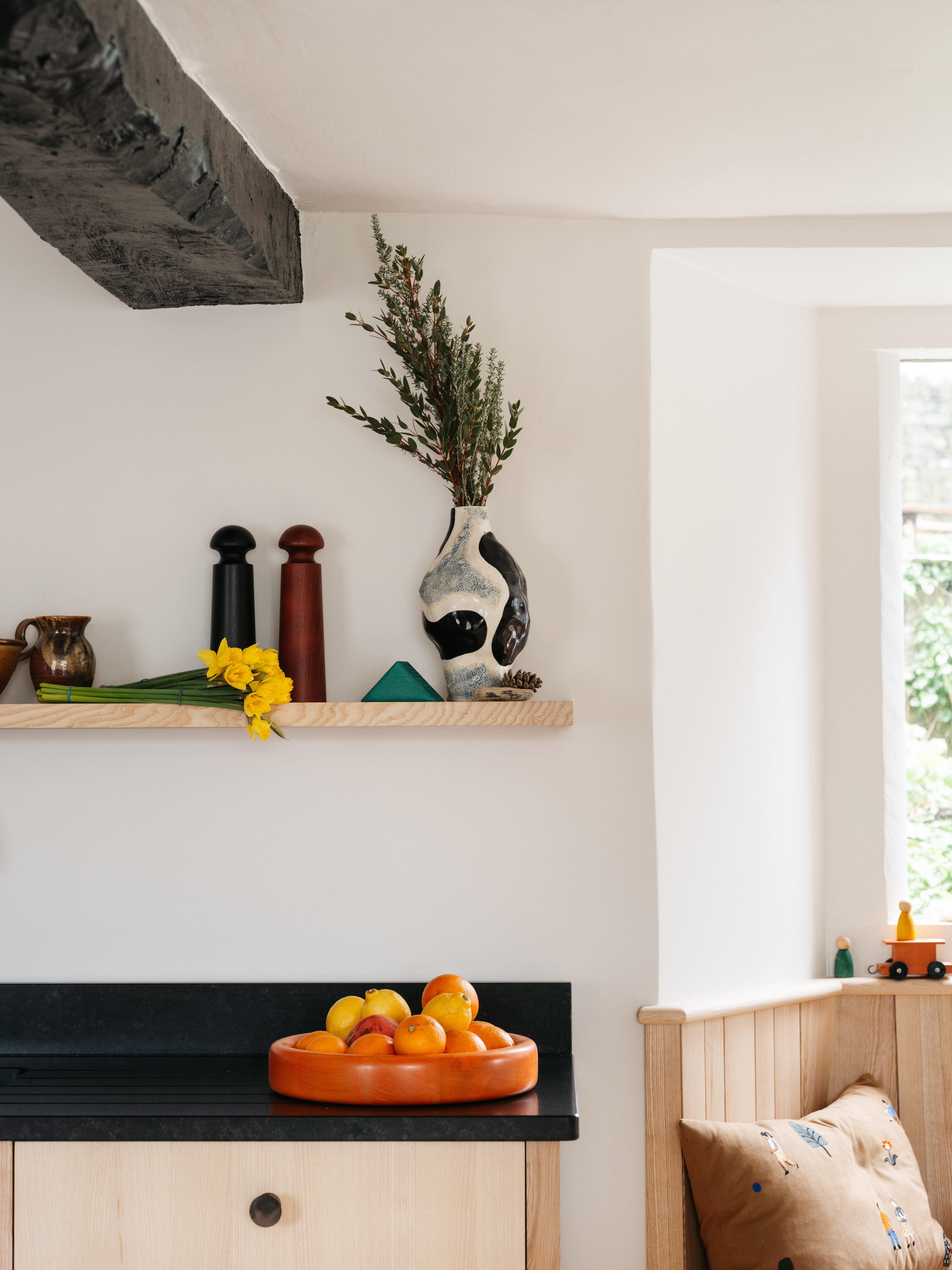
With their linear, effortlessly elegant look, Somer's units exude the rustic charm of Scandinavian design while simultaneously fostering a creative interaction with the furniture that shapes our domestic spaces. Their light, smooth surfaces and geometric silhouette make them ideal for modern homes, restaurants, or hotel design projects in need of characterful pieces that will never grow old. Thanks to mechanical fixings, each component can be easily disassembled wear- and tear-free, and reconstructed to match your desired house design at any given time — whatever the mood, space requirement, and style.
Going a step further than cradle to cradle — a sustainable design practice which, monitoring the lifecycle of products and materials from the moment they are manufactured until when they are disposed of, can direct us towards the least deleterious decor choices for the planet — Somer makes that cycle eternal. Thanks to its integrated buy-back scheme and resale platform, the brand's customers will have a reliable ally in reducing their carbon footprint: people wanting to return their Somer purchases will be able to do so seamlessly, playing an active role in keeping those items in circulation for longer and, quite literally, granting them a brand new life.
Somer is launching today at Haggerston's Tuscany Wharf 4B, Orsman Road, London, N1 5QJ. Visit London Design Festival's website to learn more about the exhibition (through September 21)

Gilda Bruno is Livingetc's Lifestyle Editor. Before joining the team, she worked as an Editorial Assistant on the print edition of AnOther Magazine and as a freelance Sub-Editor on the Life & Arts desk of the Financial Times. Between 2020 and today, Gilda's arts and culture writing has appeared in a number of books and publications including Apartamento’s Liguria: Recipes & Wanderings Along the Italian Riviera, Sam Wright’s debut monograph The City of the Sun, The British Journal of Photography, DAZED, Document Journal, Elephant, The Face, Family Style, Foam, Il Giornale dell’Arte, HUCK, Hunger, i-D, PAPER, Re-Edition, VICE, Vogue Italia, and WePresent.
-
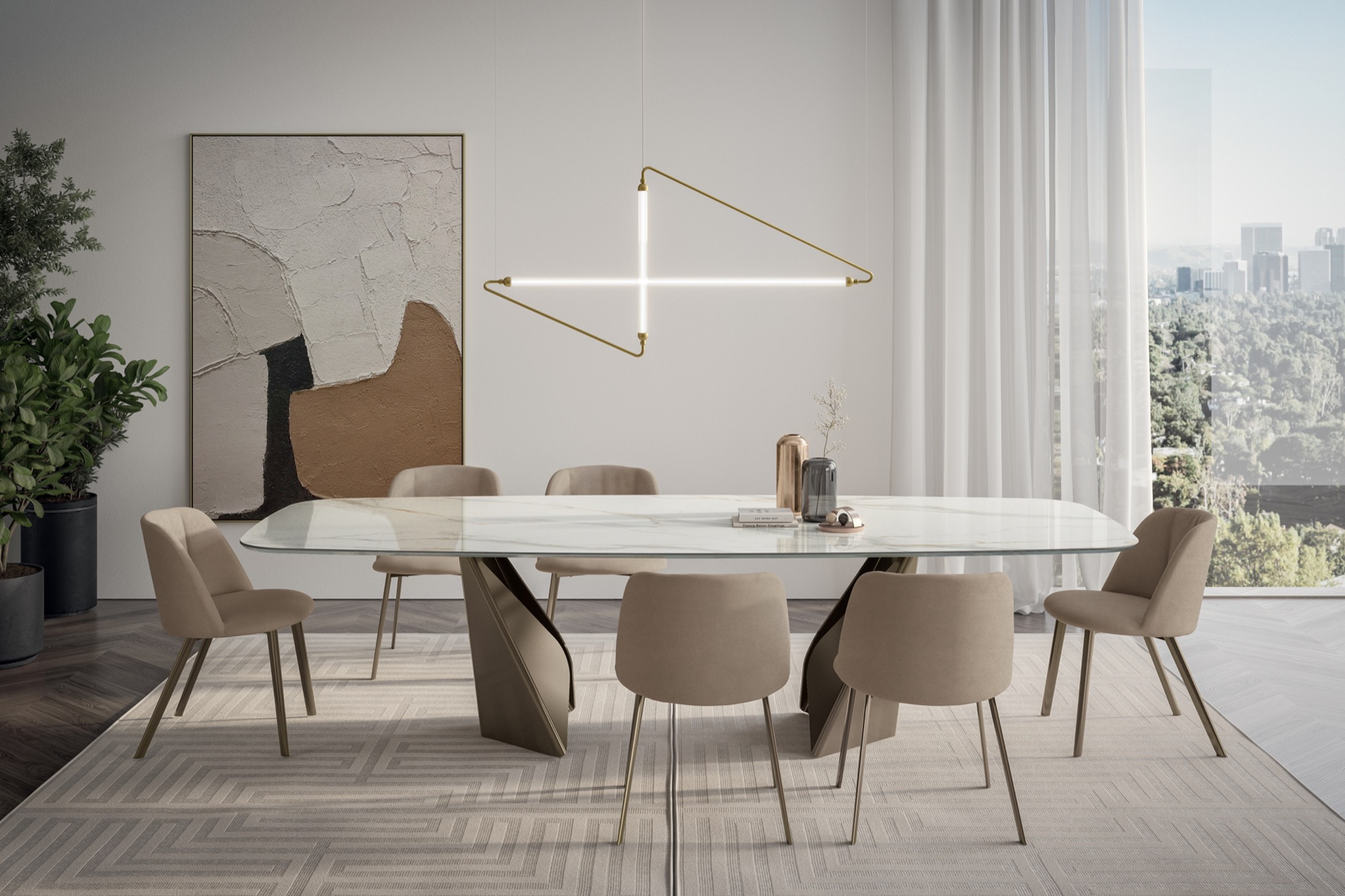 My 10 Favorite Designs at Milan Design Week 2025 — Out of the Hundreds of Pieces I Saw
My 10 Favorite Designs at Milan Design Week 2025 — Out of the Hundreds of Pieces I SawThere is a new elegance, color, and shape being shown in Milan this week, and these are the pieces that caught my eye
By Pip Rich
-
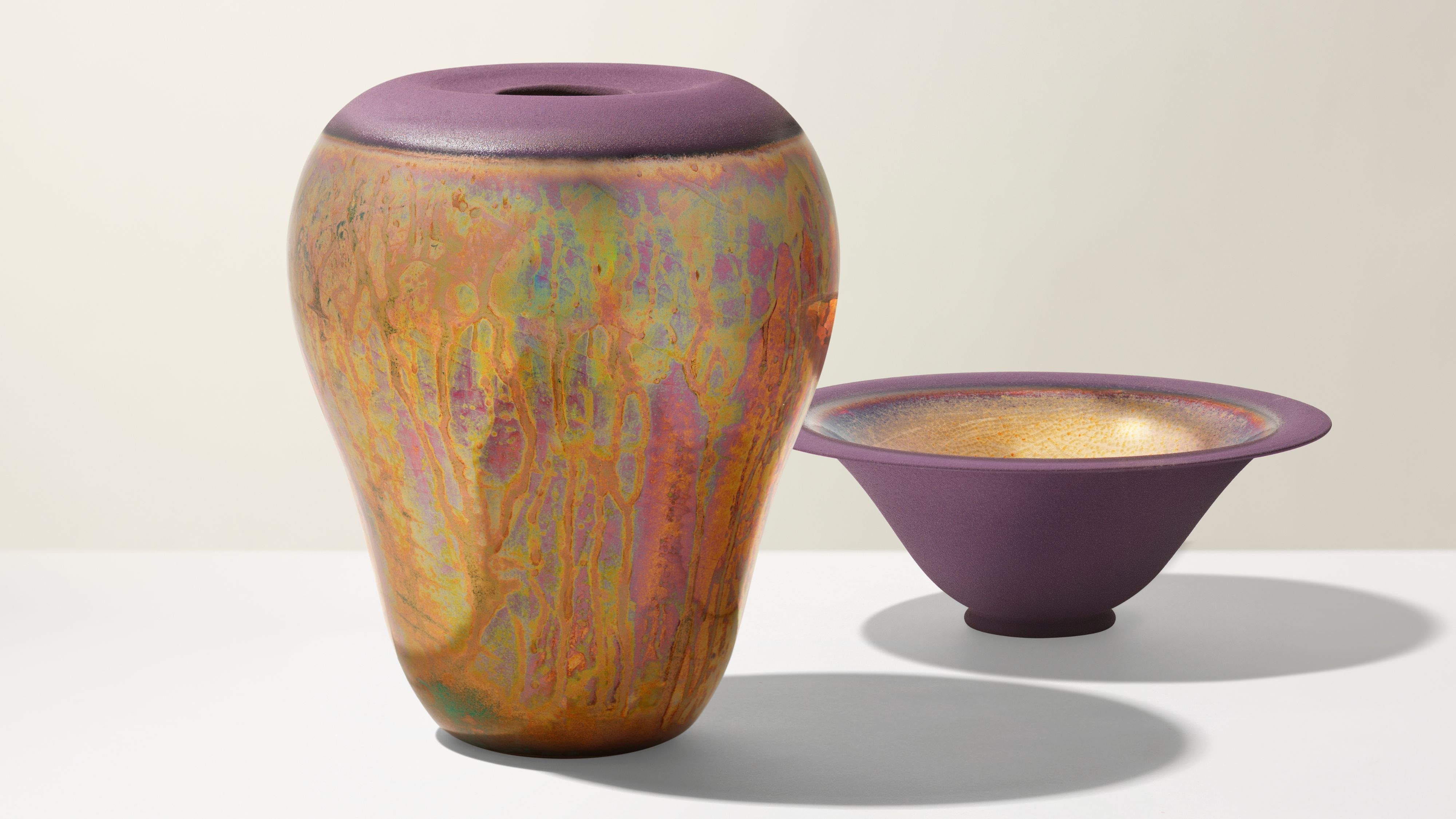 Iridescence Is Chrome’s More Playful, Hard-to-Define Cousin — And You're About to See It Everywhere
Iridescence Is Chrome’s More Playful, Hard-to-Define Cousin — And You're About to See It EverywhereThis kinetic finish signals a broader shift toward surfaces that move, shimmer, and surprise. Here's where to find it now
By Julia Demer
-
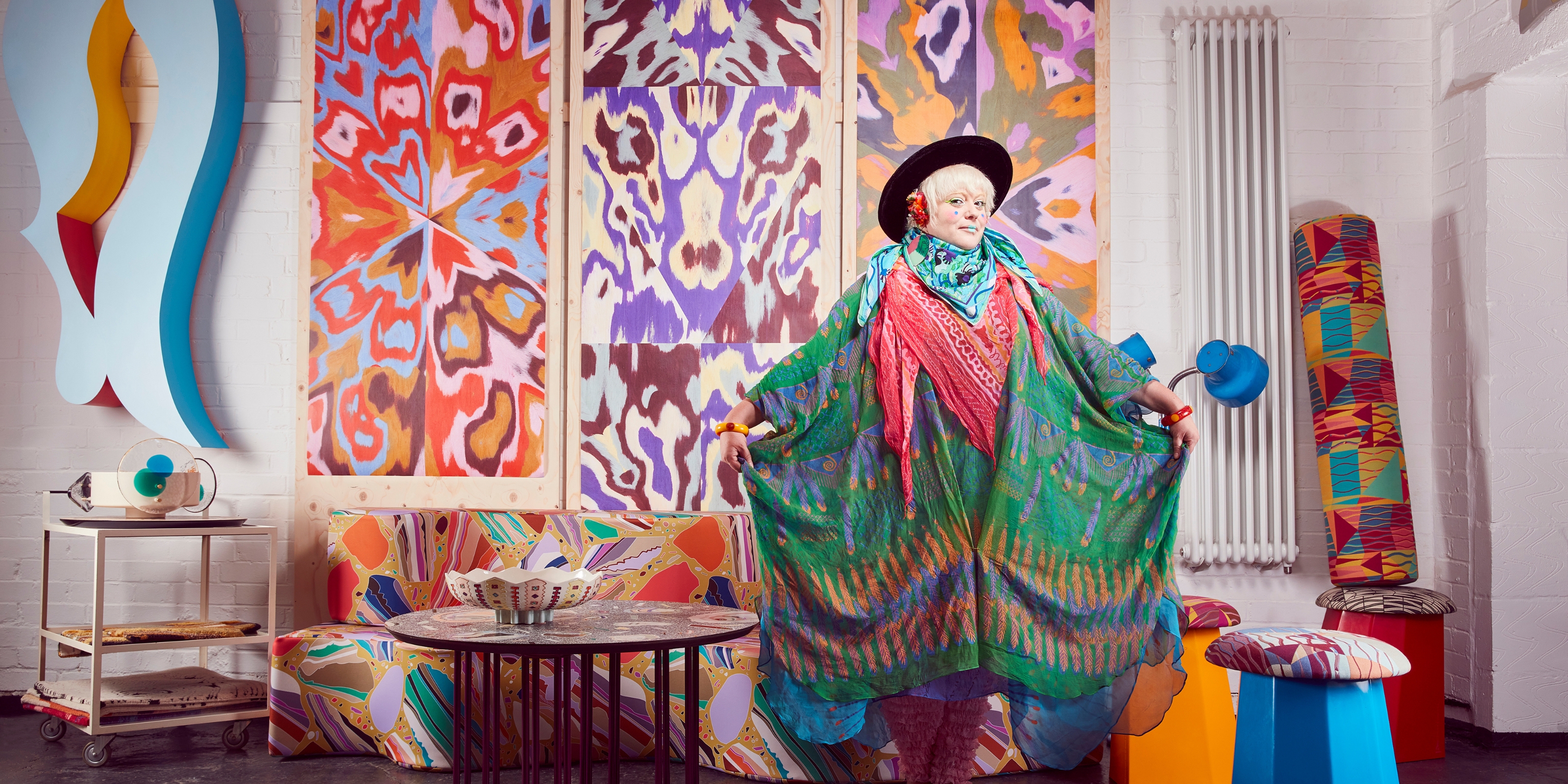 Bethan Laura Wood — "I Want to Make Things That Reward and Uplift You the More Time You Spend With Them"
Bethan Laura Wood — "I Want to Make Things That Reward and Uplift You the More Time You Spend With Them"As her debut UK solo exhibition continues at London's Design Museum, the designer welcomes us into her hypnotic Hackney studio to talk her layered vision of craft, its power to bring joy, and spark conversation
By Gilda Bruno
-
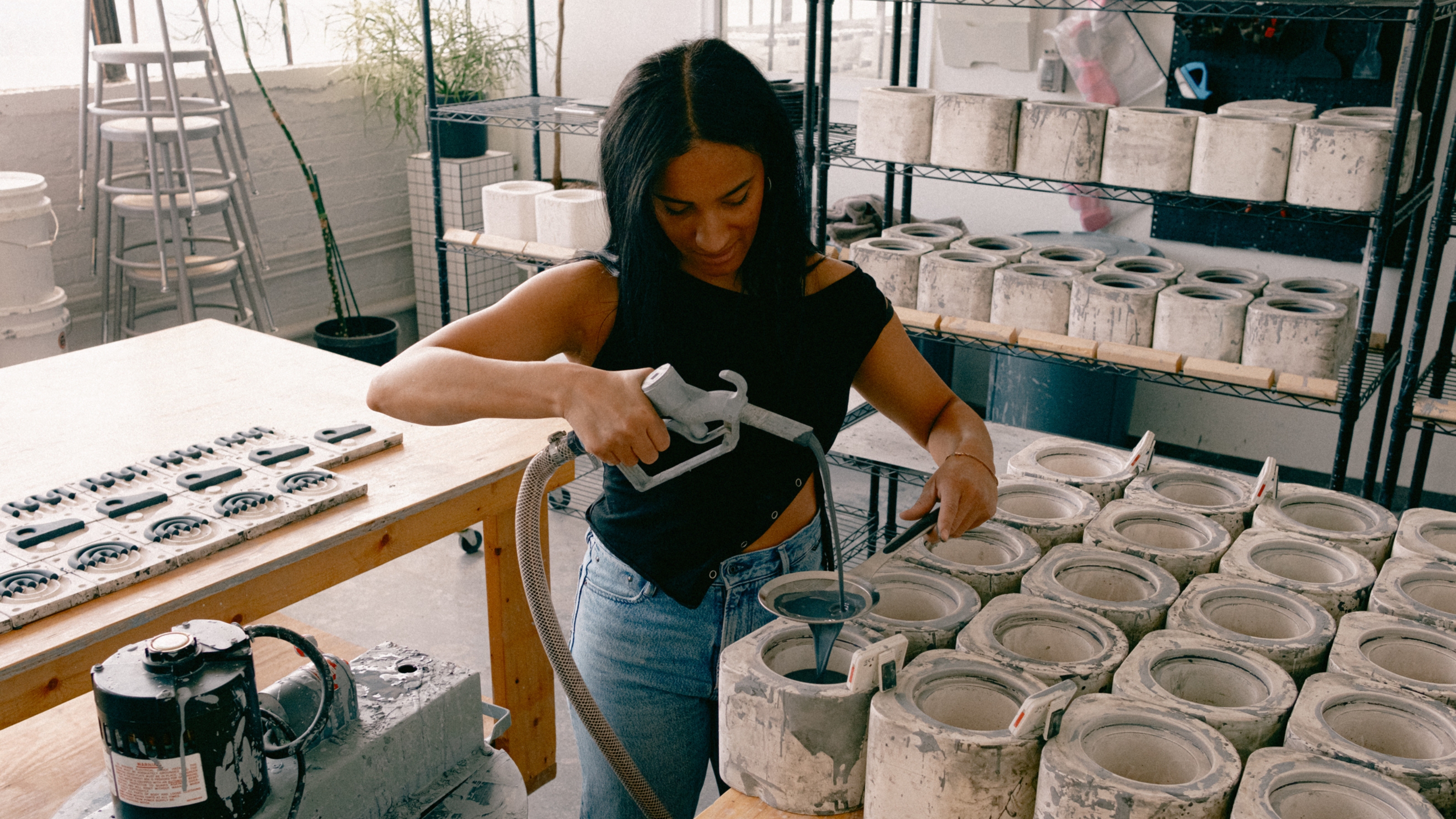 This Designer Made 100 Mugs in 100 Days, and Discovered the Secret to the Perfect Coffee Cup Along the Way
This Designer Made 100 Mugs in 100 Days, and Discovered the Secret to the Perfect Coffee Cup Along the WayNew York City-based artist shares the story of how she made 100 mugs in 100 days and how it made her an expert on choosing the best mug to drink from
By Olivia Wolfe
-
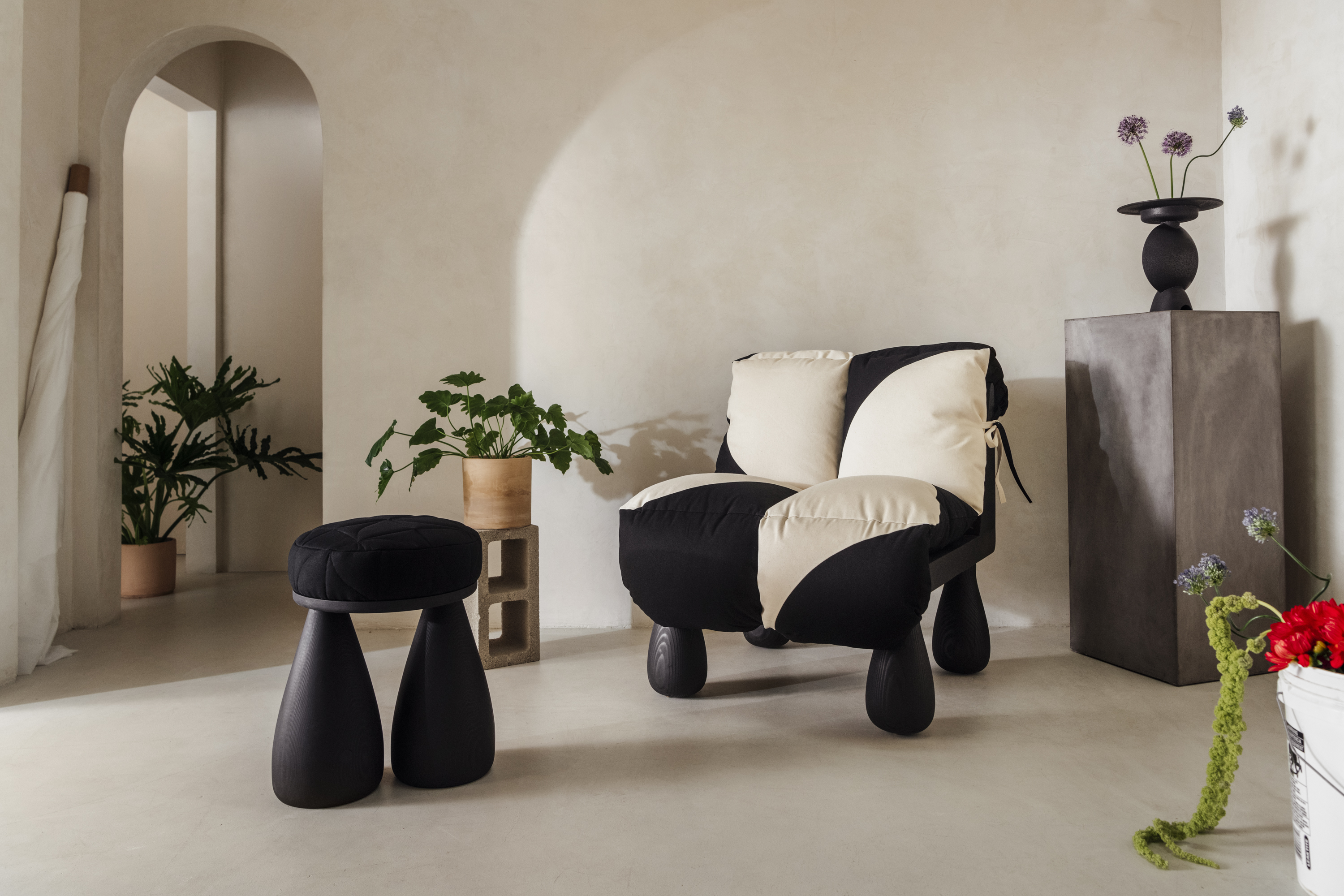 Designers Are Craving Softness in Decor — It's the Search for "Warmth" and "Peace" for Homes
Designers Are Craving Softness in Decor — It's the Search for "Warmth" and "Peace" for HomesPlump, comforting shapes are taking over the design scene, championed by industry stalwarts and newcomers alike. So, is it a coincidence or a symptom? We ask two rising studios
By Gilda Bruno
-
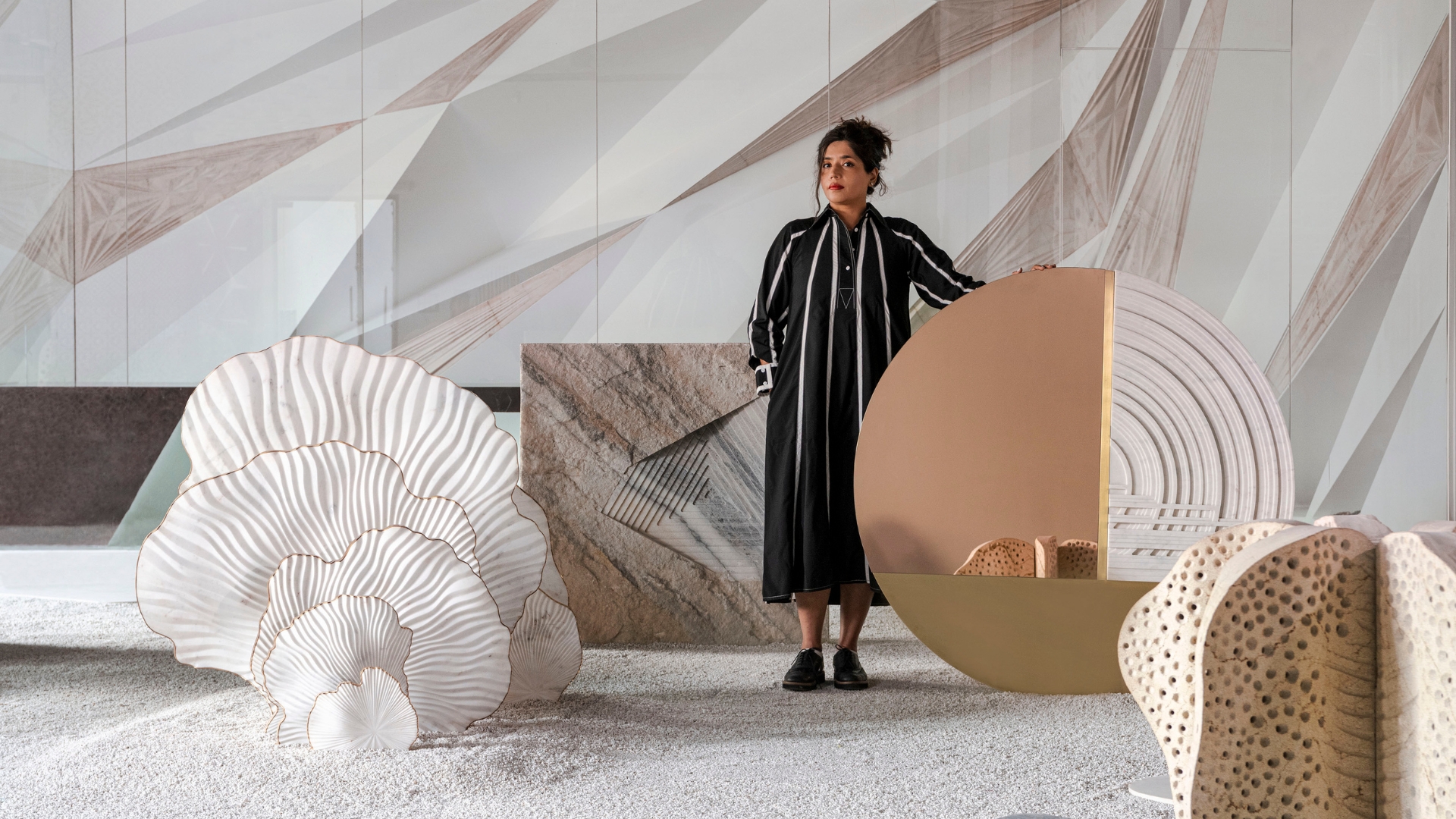 Inside Borrowed Earth Collaborative's Workshop — Where Spectacular Stone Surfaces Bring the Outdoors In
Inside Borrowed Earth Collaborative's Workshop — Where Spectacular Stone Surfaces Bring the Outdoors InWith artist and entrepreneur Ruchika Grover at its helm, the Los Angeles-based tile, panel, and brick producer turns walls into textural masterpieces, adding a touch of wilderness to interior decor
By Gilda Bruno
-
 Leonard Bessemer is the Burgeoning LA Furniture Maker Crafting Fancifully Playful Objects That Will Put a Smile on Your Face
Leonard Bessemer is the Burgeoning LA Furniture Maker Crafting Fancifully Playful Objects That Will Put a Smile on Your FaceFrom engineering and studio art to carpentry, the Objects for Objects founder's path might seem unconventional, but his cartoony works prove there are no rules in creativity — and that great furnishings can also be fun
By Gilda Bruno
-
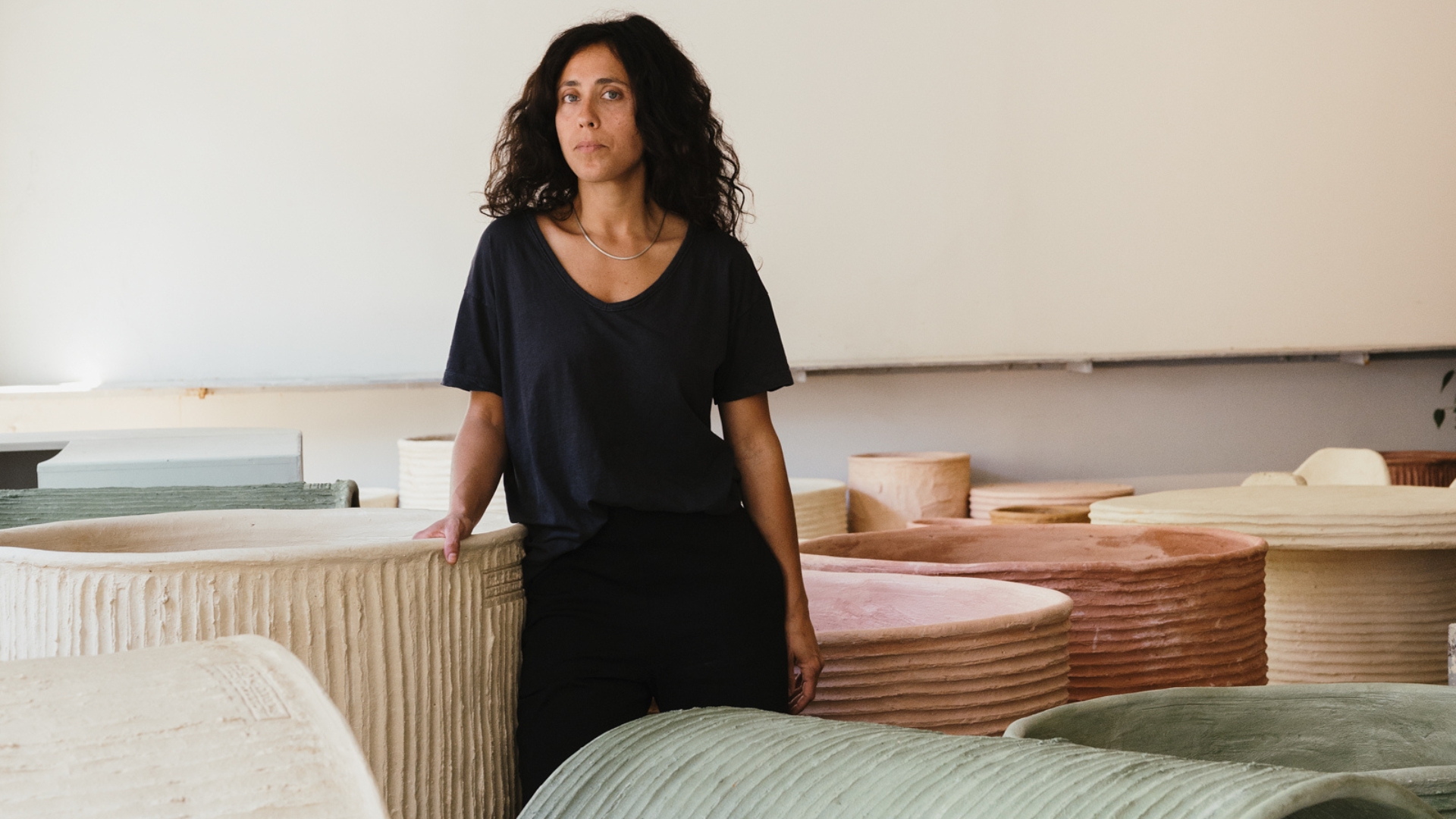 An Ode to Her Lebanese Roots, Danya Ahmed's Hand-Sculpted Planters Unite Poetry and Brutalism
An Ode to Her Lebanese Roots, Danya Ahmed's Hand-Sculpted Planters Unite Poetry and BrutalismAfter relocating from Ohio to Lebanon in search of a "softer, natural existence", the artist found in cement plant vases an opportunity to connect with the environment around her
By Gilda Bruno
-
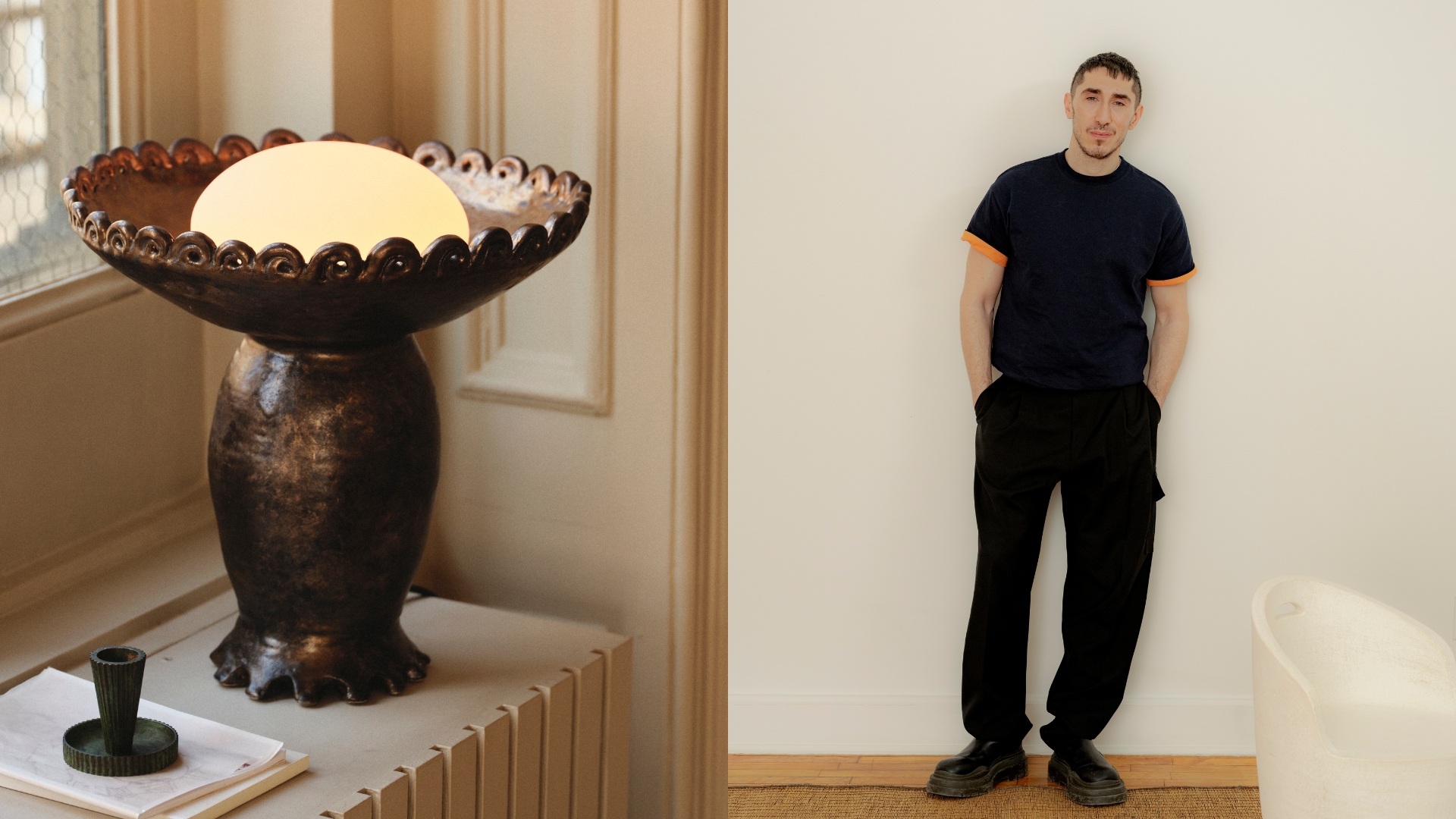 New York Ceramicist Danny Kaplan is Pushing the Craft in New, and Unexpected, Directions
New York Ceramicist Danny Kaplan is Pushing the Craft in New, and Unexpected, DirectionsDrawing on centuries-spanning, intercontinental inspirations, the French-American furniture maker creates elegantly designed items that marry function with form
By Gilda Bruno
-
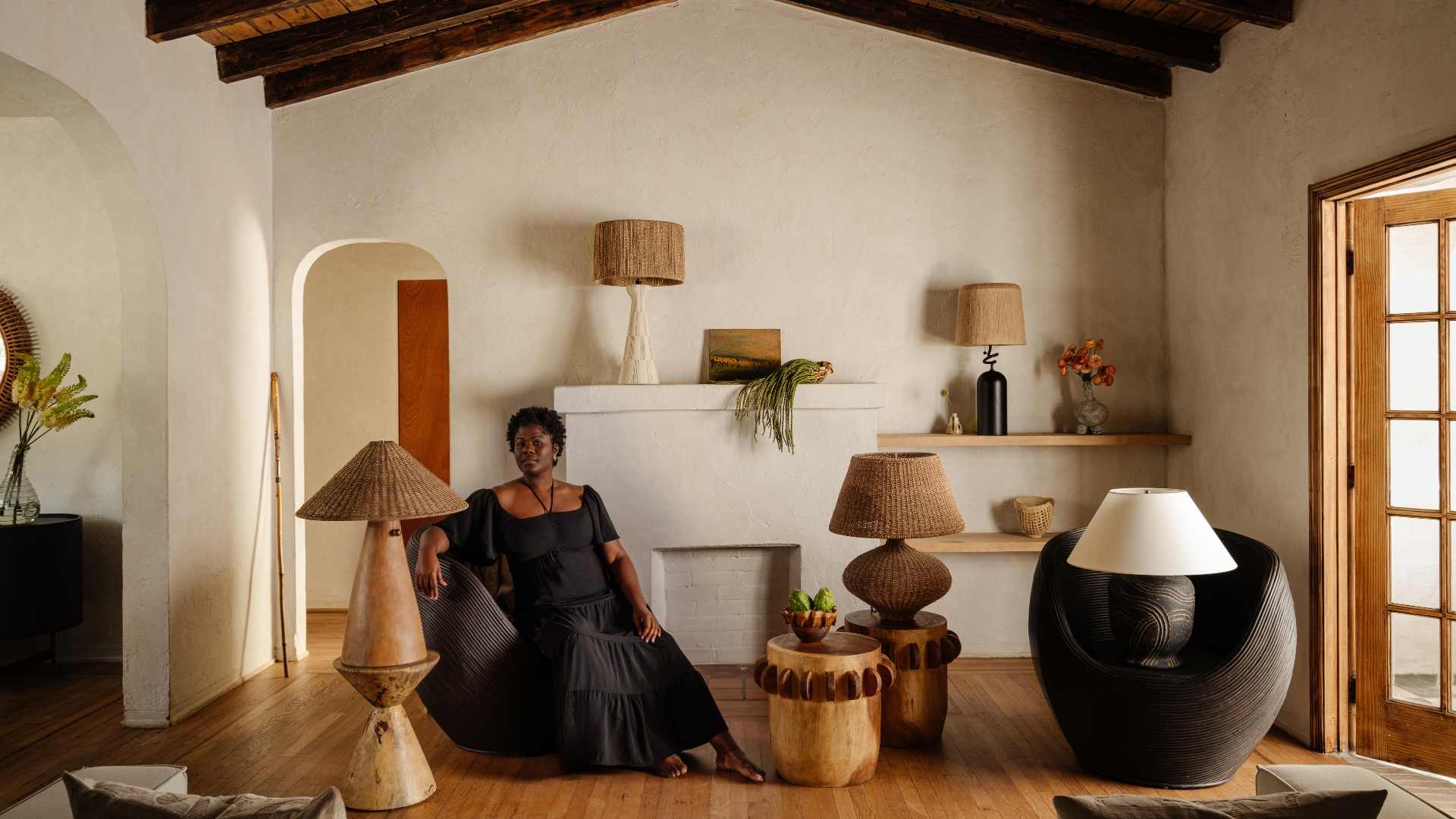 Meet Carmen Nash — The Designer Infusing Storytelling Into "Emotional Objects That Are Cherished and Loved"
Meet Carmen Nash — The Designer Infusing Storytelling Into "Emotional Objects That Are Cherished and Loved"The African-American artist and Loft and Thought curator stepped into the design world as a vintage furniture reseller — today she weaves the folklore, heritage, and spirituality of her southern background into products that amplify her experiences
By Gilda Bruno